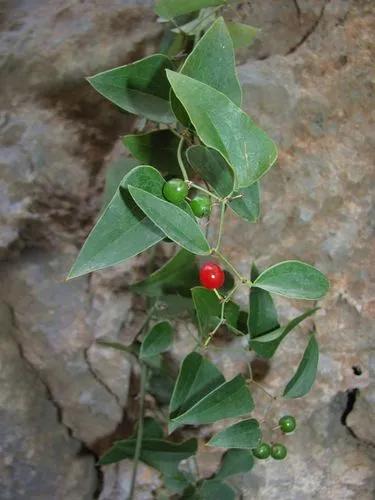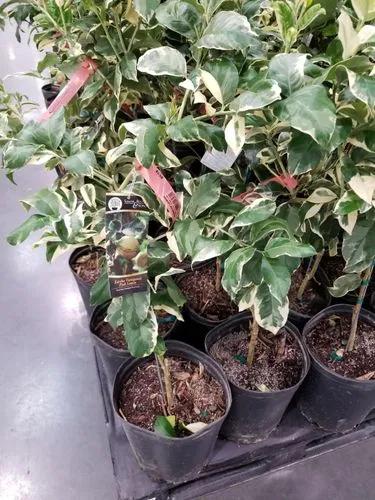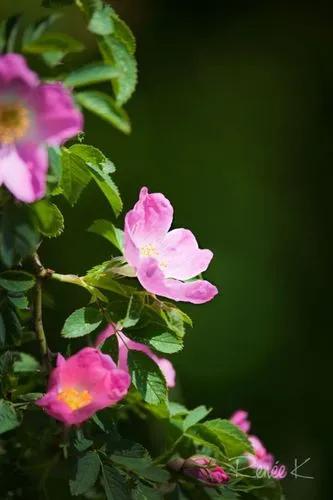Much enjoyment and satisfaction come from growing your very own fruit. As productive as attractive, is loaded with good sized, sky blue berries that deliver excellent flavor early in the season. The upright, spreading plants are highly ornamental offering pinkish-white, blossoms in spring that contrast nicely with the blue-green foliage. The cooler temperatures of autumn bring yet more interest to the landscape with the foliage turning an intense color of burgundy. Since this is a self-infertile selection, it requires a companion cultivar for pollination and fruiting. Although a terrific choice for culinary gardens, Blueberries also fits well into the landscape for use in shrub borders or hedges.
Blueberry Kisses Care
Vaccinium Hybrid



How to Care for the Plant

Water

Blueberries require about 1″ of rain or irrigation per week. Surrounding your plants with a 4–5′ circle of mulch helps keep the soil moist and prevents the growth of weeds. Apply a 2–4″ layer of wood chips, shredded bark, or other organic material.

Pruning

Although it may hurt to do so, you should remove all of the flowers produced the first spring after planting. You will be rewarded with healthier, more productive plants. For the next several years, pruning needs will be light—in early spring, remove weak branches and branches that have suffered damage over the winter, and thin interior branches if they are crowding each other. To keep mature plants vigorous and productive, prune in early spring to remove dead wood and low, spreading branches. Limit the number of major branches arising from the base to 8–10. Regularly remove branches that are more than 4–5 years old, and allow younger branches to replace them.

Fertilizer

The year after planting (and every year thereafter) apply a fertilizer designed for acid-loving plants at flowering time in spring and again about 4 weeks later.

Sunlight

Blueberries thrive in full sun

Soil

Because Blueberries grow best in soil that has an acid pH and is rich in humus, you should cart away about half of the soil dug from the planting hole and replace it with at least as much peat moss. Mix the peat moss thoroughly into the remaining soil before pushing it back into the hole.

Temperature

Lowest Temperature: -20° to -10°F (-29° to -23°C)

Popularity

98 people already have this plant 15 people have added this plant to their wishlists
Discover more plants with the list below
Popular articles






